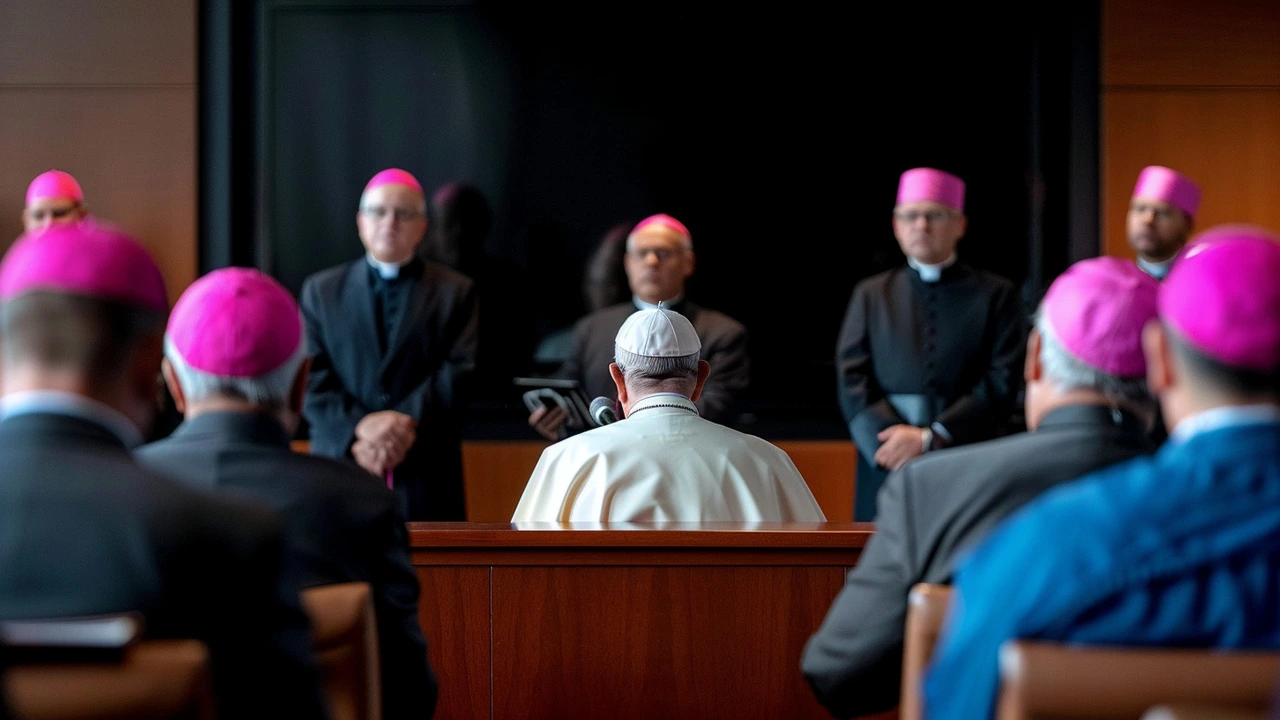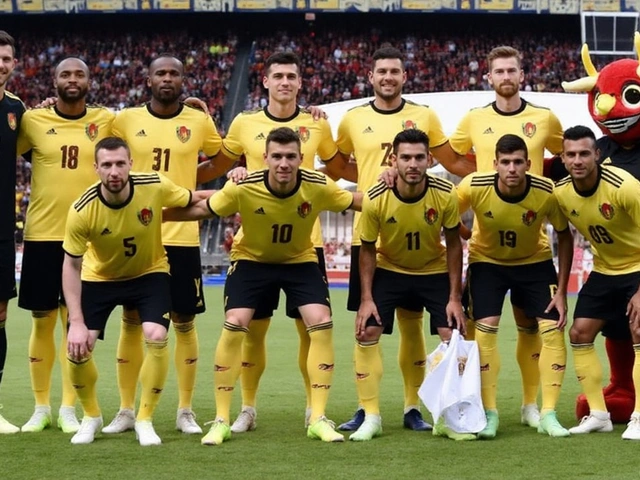Italian Bishops' Conference (CEI): what it is and why it matters
The Italian Bishops' Conference (CEI) is the assembly of Catholic bishops in Italy. It sets priorities for the Church in Italy, issues public statements, coordinates national pastoral work and speaks up on social issues. If you follow religion, politics or migration in Europe, CEI announcements often matter because bishops talk directly to government, the Vatican and the public.
Why should you care? Bishops influence debates on migration, welfare, education and bioethics. They run large charity networks, manage diocesan schools and hospitals, and shape how the Church responds to crises. Their words can push policy discussions or signal shifts inside the wider Catholic Church.
How the CEI works
CEI is made up of diocesan bishops from across Italy. They meet in plenary sessions, publish pastoral letters, and elect a president to guide their work. While the Vatican sets church-wide doctrine, CEI handles practical coordination for Italy: liturgy norms, charity programs, and national responses to social problems.
Local dioceses carry out most of the on-the-ground work. CEI creates common plans and guidelines, but each bishop adapts them to local needs. That mix of national guidance and local action is why CEI statements can vary in tone and focus from one region to another.
Topics you’ll see in our CEI coverage
We focus on what readers want to know: official statements, pastoral letters, and reactions to events. Common themes include migration and refugees, relations between church and state, education, social welfare, responses to scandals, and how the Church works with international partners. We also track CEI positions that matter to Africa—migration routes, charity projects, and church diplomacy often link Italy and African countries.
Expect reporting on public speeches, synod outcomes, and practical programs like food aid or shelter for migrants. We also cover debates inside the conference—differences in emphasis between progressive and conservative bishops when those debates affect public life.
Want quick context? Look for plain-language explainers on key documents, short summaries of major speeches, and clear timelines when a controversy unfolds. We aim to show what bishops said, what it means for people on the ground, and what might change next.
How to read a CEI statement: watch the headline, note the author (the president or a committee), check whether it’s pastoral guidance or a political appeal, and see how dioceses react. That tells you whether the message is meant for Catholics only or for national debate.
This tag page collects our latest CEI stories, analysis pieces and explainers. Bookmark it for updates, use the search to find statements or names, and sign up for alerts if you want new CEI coverage in your inbox. Questions or tips? Send them our way and we’ll follow up.
Pope Francis issued an apology for any offense caused by his remarks during a private meeting with the Italian Bishops' Conference, addressing concerns over perceived homophobia. He reinforced his commitment to inclusivity, asserting that the Church welcomes everyone without discrimination.
Recent-posts
Aug, 16 2024
Jun, 26 2024






